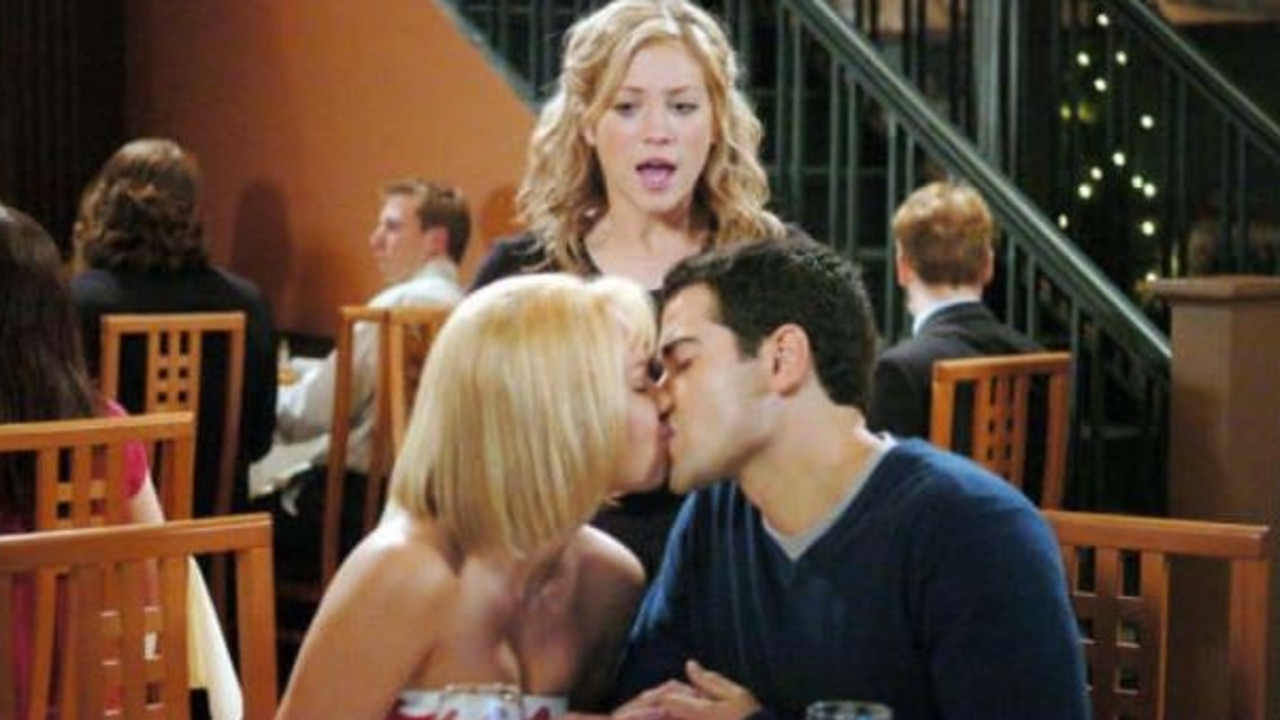Relationship counsellor reveals what to do after your partner cheats on you
It’s one of the worst relationship shocks of all - finding out your partner has been cheating. A relationship counsellor has revealed what to do next.

Stuck at a crossroads in you relationship with an unfaithful partner?
Neuropsychotherapist and relationship counsellor Joanne Wilson shares her tips with Body & Soul on what to do after infidelity happens.
Infidelity. It’s an unpleasant factor in the breakdown of so many relationships, especially during these ‘pressure cooker’ times we’ve been living through.
Sunshine Coast-based neuropsychotherapist and relationship counsellor Ms Joanne Wilson specialises in helping couples figure out what to do when one party strays, and has seen an interesting trend within those seeking her help during the pandemic.
“Couples I haven’t seen in the counselling room for many, many years have come back because their relationship has been on the spotlight … because of their stress responses”, Ms Wilson said.

With so many mental health issues arising during this time, ”The first thing we need to realise is that as individuals, we have been thrown into a pressure cooker. As the human race, we thrive on certainty and hope for the future — and so when we’ve been derailed, our stress responses are elevated, and so that often means we’re not the best versions of ourselves …”
In a recent episode of the Healthy-ish podcast, Ms Wilson shared with host Alison Izzo when to salvage, and when to move on from a relationship when someone cheats.
Like what you see? Sign up to the bodyandsoul.com.au newsletter for more stories like this.
THE FIRST QUESTION TO ASK YOURSELF
Ms Wilson says that the first thing one must ask themself when their relationship goes sour – generally, but especially in the ‘pressure cooker’ pandemic context is:
“How much am I contributing to this relationship in a bad way, that I not normally would?”
In a “non-judgmental way”, she refers to the cheater and the partner cheated on as the ‘betrayer’ and ‘injured partner’, and observes that the injured partner “will often be very self-aware [when they ask themselves this question] and say, ‘actually I’ve contributed to this, there’s actually a few behaviours [of mine] that haven’t been particularly favourable.”
Ms Wilson then works with her clients to help them realise, and then actualise what the best versions of themselves are to be in their relationship.

SHOULD I STAY OR SHOULD I GO?
“When I see people, it’s usually the worst of the worst – the highly conflicted, and they find it very hard to think about anything outside about how bad it is for [themselves]”.
While Ms Wilson does not absolutely advocate for the injured partner to stay with the betrayer if they have children together (especially in cases of abuse), she does believe it is important to consider who else will be impacted. She stresses, “we are impacting generations, so our decisions today impact and have a huge ripple effect for those children and their children.”
“I get super passionate in my role because we get to draw a line in the sand and we can choose – do we want to continue on this legacy of infidelity, separation, divorce, or do we have the courage to decide that we can repair this?”
Ms Wilson thus suggests asking “can we come back from this?” in place of “should I stay or should I go?”, believing the best outcome for many couples to be having a “second marriage or second relationship with the same person”.

AIM FOR BETTER IF YOU STAY
If you do decide to ‘stay’, you must aim for even better, to “reinvent [the] relationship, and not go back to what you had before”, Ms Wilson says.
The marriage therapist says that in this “second marriage or relationship”, the “benchmark” must be raised; and couples must look (often with the help of a couples’ counsellor) at where they need the relationship to go, as well as also assessing the behaviours that contributed to the initial breakdown and cheating.
“You can’t have that tragic, devastating effect on the relationship and your mental health be for nothing”, she adds.
STARTING FROM GROUND ZERO
Ms Wilson forewarns, however, how difficult it is to rebuild trust when it’s broken:
“I’m very upfront that this is going to take some time. And research says that it takes two to three years for trust to rebuild – so don’t think you’re going to come back in a number of months and think that you’ve turned this around … With all goals, it often takes a lot of hard work.”
Likening a tsunami to hitting your relationship and life, she says, “everything you thought was safe in your city has been demolished when there’s been an affair that’s been divulged or busted … had to tread across a lot of debris to build the new shiny city.”

Sometimes a couple might need to restart from “Ground Zero”. A betrayer can show they’re truly sorry by truly removing the person they’ve betrayed with from their life — even if this means moving towns, Ms Wilson said.
“Rearrange and turn your life upside down in order to make this second relationship work”.
Joanne Wilson AKA the Relationship Rejuvenator is a neuropsychotherapist, marriage therapist and author of Renovate Your Relationship – All The DIY Tools For Your Most Important Project ($29.99).
All products featured in this article are selected by our editors, who don’t play favourites. If you buy something, we may get a cut of the sale.
This article originally appeared on Body & Soul and was reproduced with permission



